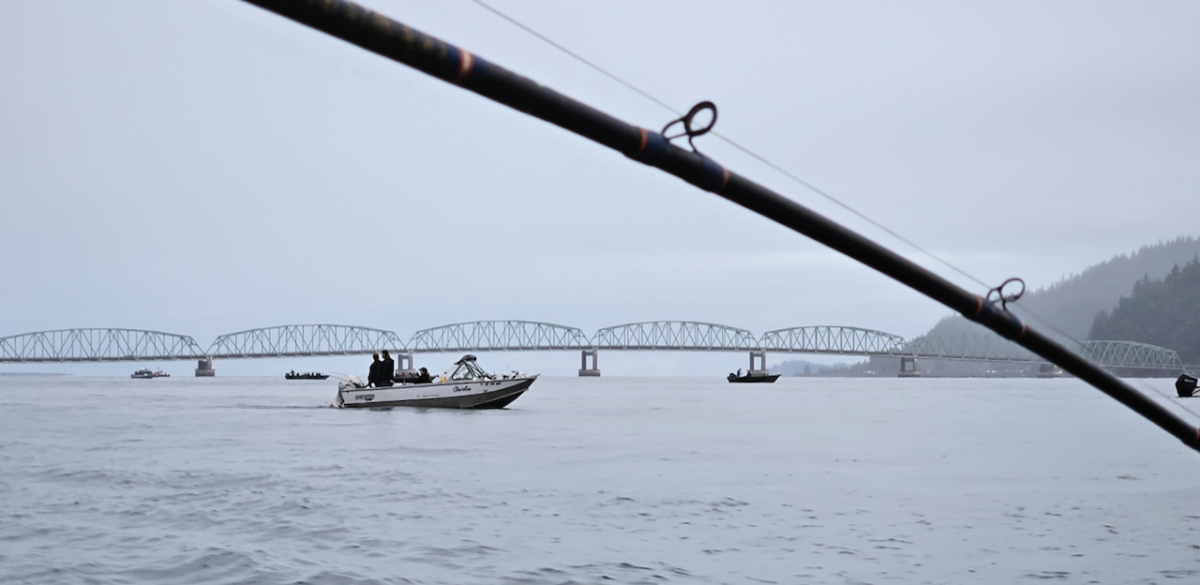
Orgs Threaten Lower Columbia Hatchery Lawsuit
A pair of environmental groups are threatening to sue federal, state and local fishery managers over alleged ESA violations related to Lower Columbia hatchery programs.

The Wild Fish Conservancy and The Conservation Angler say that the National Marine Fisheries Service, ODFW, WDFW and Clatsop County Fisheries are violating terms of the 2017 Mitchell Act and 2021 Select Area Fishery Enhancement Biological Opinions in a 60-day notice of intent they sent out last Friday.
Their allegations range from NMFS not putting together annual reports in a timely manner to WDFW failing to install fish weirs on several shorter streams on Washington’s Lower Columbia, from both states exceeding allowances for hatchery Chinook and coho strays on the gravel on several systems on both sides of the big river to ODFW releasing too many steelhead smolts into the Clackamas and undersized fish into the Sandy, among other claims.
The Duvall, Washington- and Portland-based organizations say the actions amount to a “take” of several Endangered Species Act-listed salmon and steelhead stocks below Bonneville Dam.
“Unless the ongoing and imminent violations described herein are corrected within sixty days, Wild Fish Conservancy and The Conservation Angler intend to file suit to enforce the ESA. Wild Fish Conservancy and The Conservation Angler are available during the sixty-day notice period to discuss effective remedies and actions that will assure future compliance with the ESA,” WFC and TCA write.
A learned observer termed some of the claimed biop violations ticky-tacky, and while others, such as the alleged pHOS exceedances, were more concerning.
WFC previously sued NMFS over Mitchell Act hatcheries, which are funded by Congress and meant to provide for state and tribal harvest of salmon and support restoration of fish populations and forced the feds to write the 2017 biop. While that allowed for increased spring Chinook and coho production at select hatcheries, it also reduced fall Chinook production in the Lower Columbia and phased out out-of-basin steelhead smolt releases in the region, among other changes.
Last August, NMFS warned WDFW that its weir operations didn’t appear to be meeting the letter of that biop. Then in September, the feds advised WDFW, ODFW, IDFG, the Yakama Nation and Nez Perce Tribe it was reinitiating ESA consultations in regards to funding the program after 2025. That may have more of an impact on future hatchery operations than this lawsuit.
An ODFW spokeswoman said the agency does not comment on pending lawsuits, a sentiment echoed later in the day by WDFW.
“The Washington Department of Fish and Wildlife is reviewing the notice. At this time, we are not going to comment on pending litigation,” stated agency communications manager Kelly Hall.
“At this point we are still reviewing the notice and will not comment right now,” added NMFS spokesman Michael Milstein in Portland.
